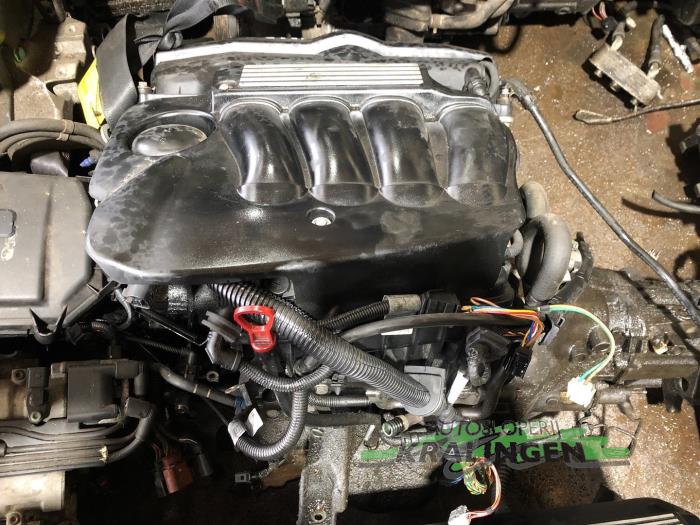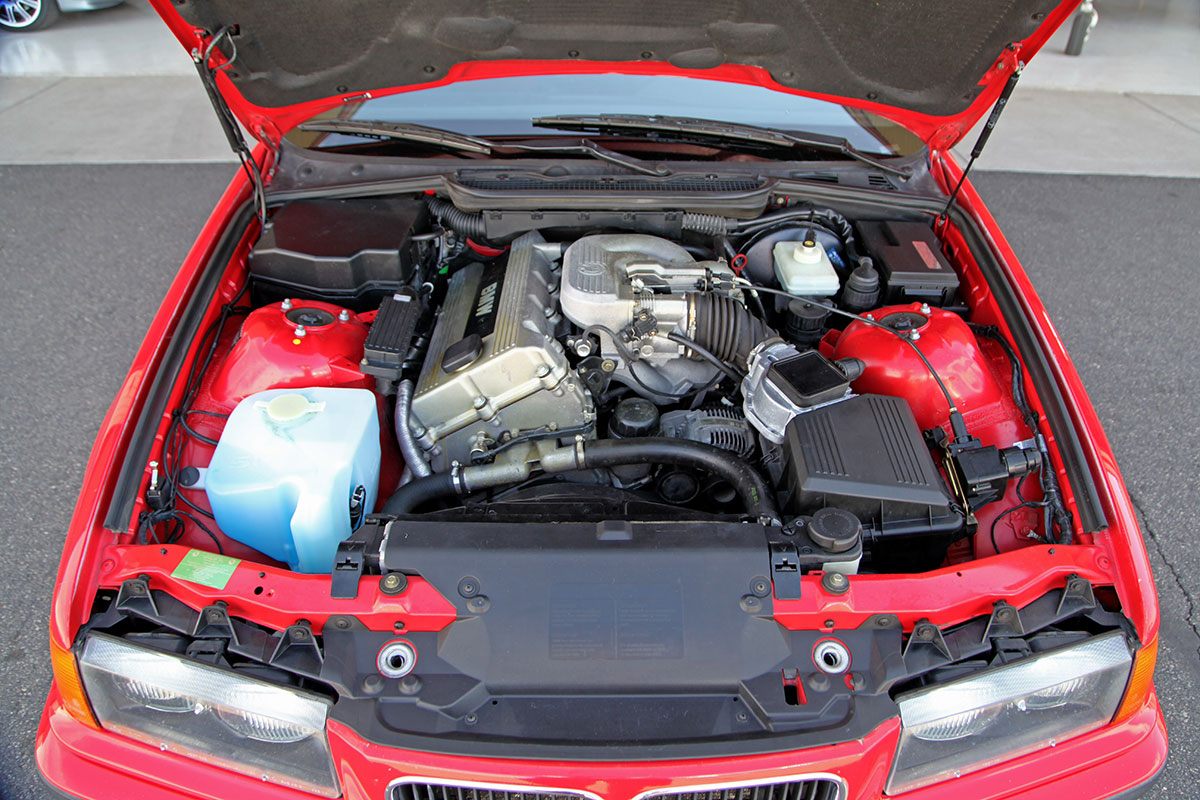BMW 318ti: Performance Specs and Features Explained
Wiki Article
Essential Factors To Consider for Choosing the most effective Engine for Your Demands
In the realm of selecting the excellent engine to satisfy your requirements, a number of crucial aspects demand precise consideration to ensure ideal performance and effectiveness. From the nuanced equilibrium in between power and efficiency to the often-overlooked facets of upkeep and solution requirements, each facet plays a critical function in figuring out the most appropriate engine for your details requirements.Power and Performance
When examining engines for optimum efficiency, it is vital to focus on both power outcome and efficiency. Power output gauges the capability of an engine to produce power, which directly impacts its performance. A high power result is important for demanding tasks such as durable applications or high-speed demands. It guarantees that the engine can manage the work successfully and effectively. Power alone is not sufficient; efficiency plays a significant role in figuring out the general performance of an engine. Performance describes exactly how well the engine converts fuel into usable energy. A more reliable engine will certainly deliver far better gas mileage, lower discharges, and decreased operating expense. Striking the ideal balance in between power output and performance is crucial to selecting an engine that satisfies your particular demands. When making this choice, it is essential to think about factors such as the meant usage of the engine, environmental influence, and long-lasting price implications. By meticulously assessing both power and performance, you can pick an engine that delivers optimum performance and fulfills your requirements properly.Fuel Performance and Economy
Gas effectiveness refers to the engine's capability to convert fuel into power with marginal waste, straight affecting operating expenses and environmental sustainability. Engines with higher gas performance not just decrease fuel expenses but additionally lower carbon exhausts, adding to a greener procedure.

Compatibility and Application
Considering the fuel performance and economy of an engine, the next critical element to address is its compatibility and application within details operational contexts. Compatibility refers to exactly how well the engine incorporates with the total system or equipment it powers.In addition, the application of the engine is similarly crucial. Different engines are developed for certain objectives, whether it be commercial machinery, marine vessels, cars, or power generators. Understanding the designated application permits the option of an engine that can provide the needed power output, torque, and functional characteristics. A high-revving engine developed for performance autos would not be suitable for heavy-duty building equipment that needs high torque at low speeds.
Upkeep and Service Demands
Maintenance and solution needs play an important duty in ensuring the durability and optimum performance of an engine. Regular maintenance is important to prevent break downs, prolong the life-span of the engine, and maintain its efficiency. When selecting an engine, it is essential to think about the supplier's advised maintenance schedule and the accessibility of solution click here for more info facilities or qualified specialists.Aspects such as the regularity of oil adjustments, filter substitutes, and total inspections can considerably affect the engine's efficiency. Some engines might call for even more regular maintenance based upon their style and usage, while others might have longer intervals between maintenance checks. It is crucial to comply with these solution requirements to stay clear of pricey repair work and unanticipated downtime.

Expense and Spending Plan Factors To Consider
When choosing an engine for a specific application,Budget constraints often play a substantial function in the decision-making procedure. When thinking about the expense and budget plan implications of picking an engine, it is vital to assess not just the initial acquisition price however also the long-lasting expenses connected with maintenance, fuel intake, and prospective upgrades or fixings. It is important to strike an equilibrium between the ahead of time cost of the engine and its total lifecycle costs to make sure that the chosen engine stays monetarily sustainable throughout its functional lifespan.Factors such as gas performance, durability, and integrity can straight impact the complete expense of ownership of an engine. While an extra costly engine may have greater in advance costs, it might potentially result in reduced maintenance and gas costs over time, hence using better worth in the long run.
Final Thought

Gas efficiency refers to the engine's capability to transform fuel right into power with minimal waste, directly influencing operating costs and ecological sustainability.Variables influencing gas performance include engine style, burning efficiency, and general efficiency optimization. In addition, selecting the suitable gas type and quality as advised by the engine manufacturer can further enhance effectiveness and click here to read lengthen engine lifespan.
Engines with great utility features and readily available parts can minimize upkeep prices and minimize the time the engine is out of operation - bmw 318ti. It is critical to strike Read Full Report a balance between the in advance expense of the engine and its general lifecycle expenses to guarantee that the picked engine continues to be monetarily lasting throughout its operational lifespan
Report this wiki page